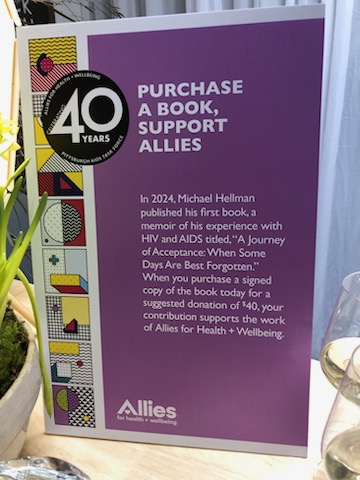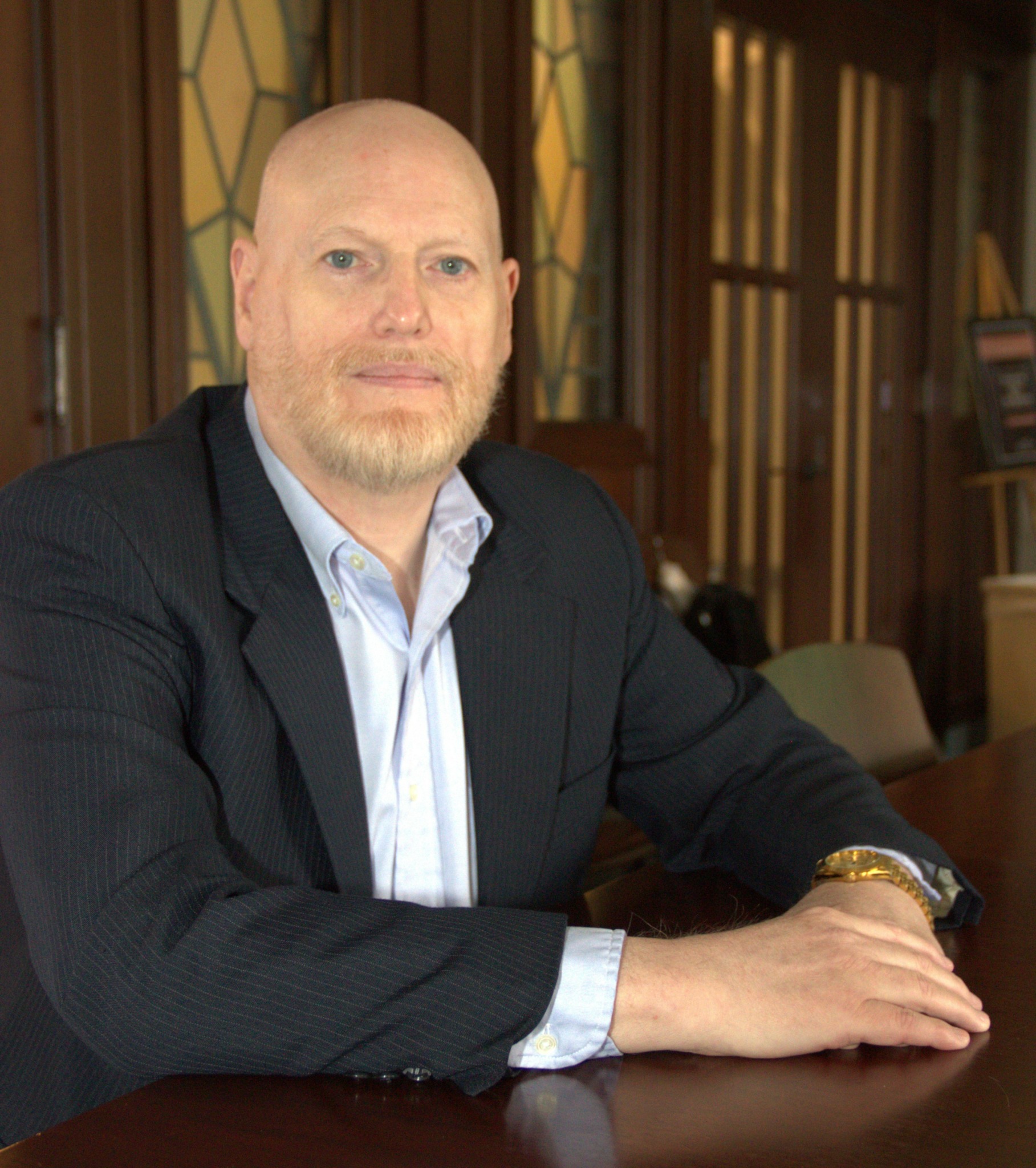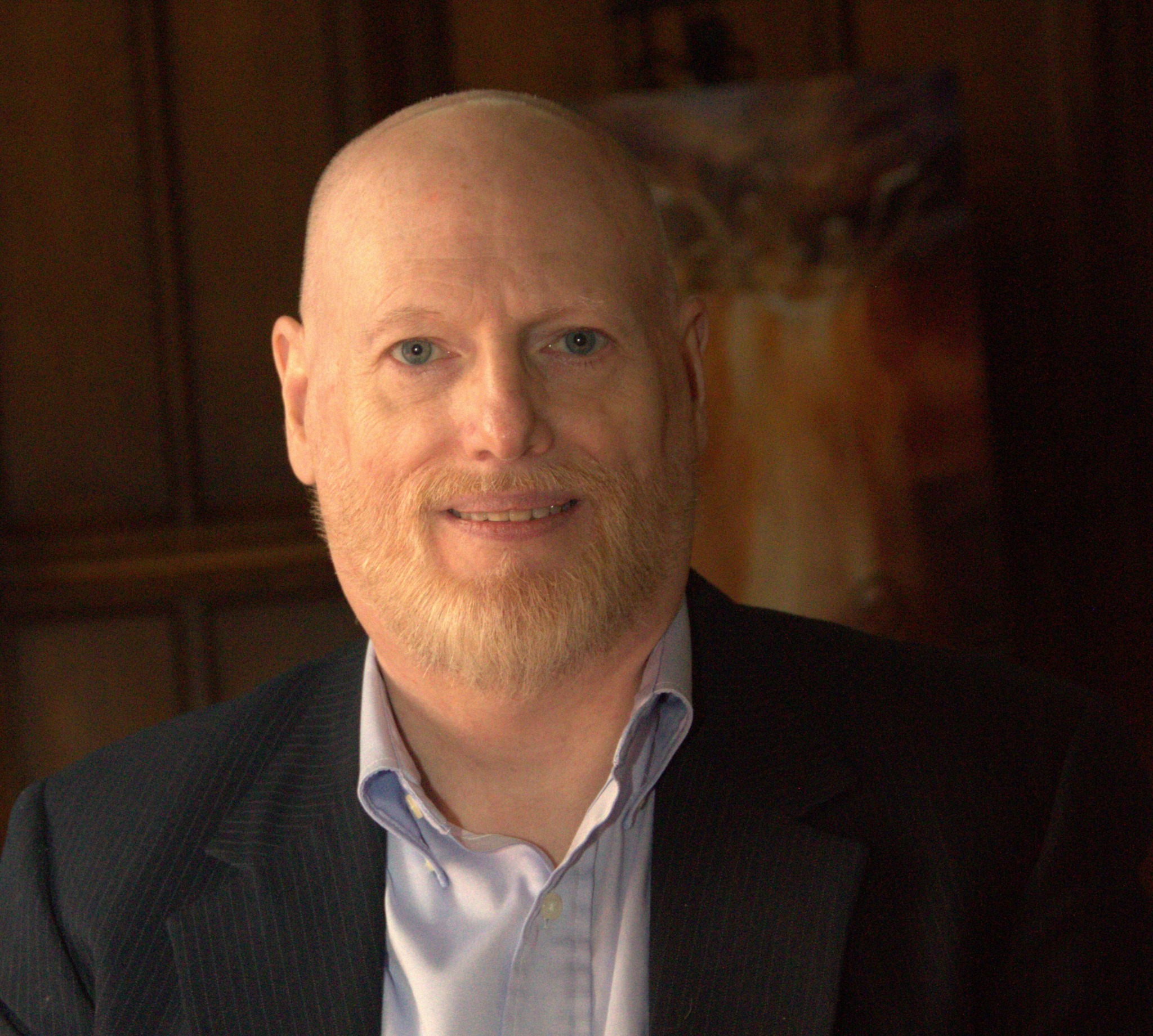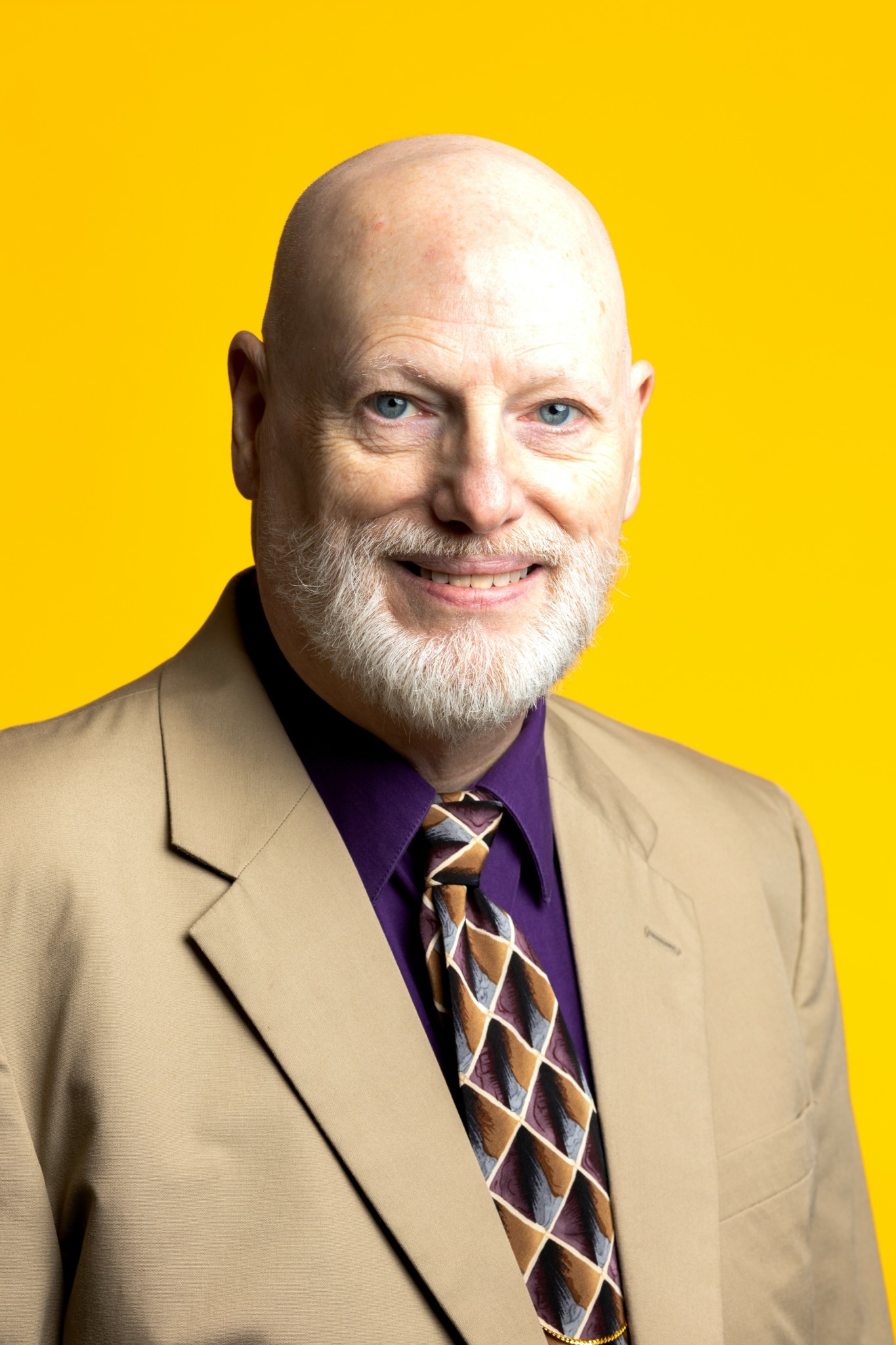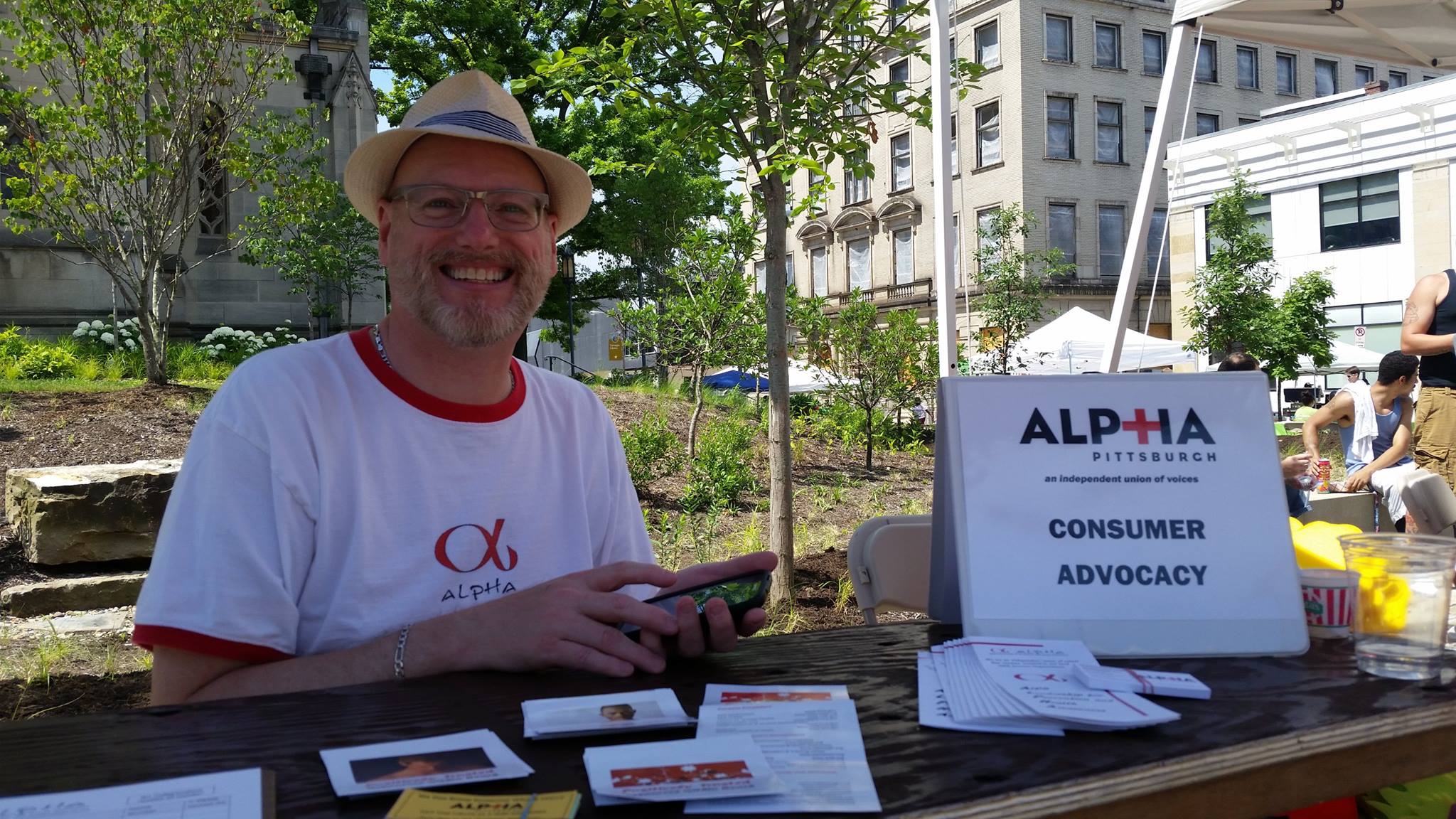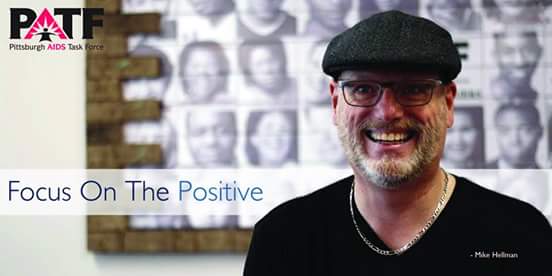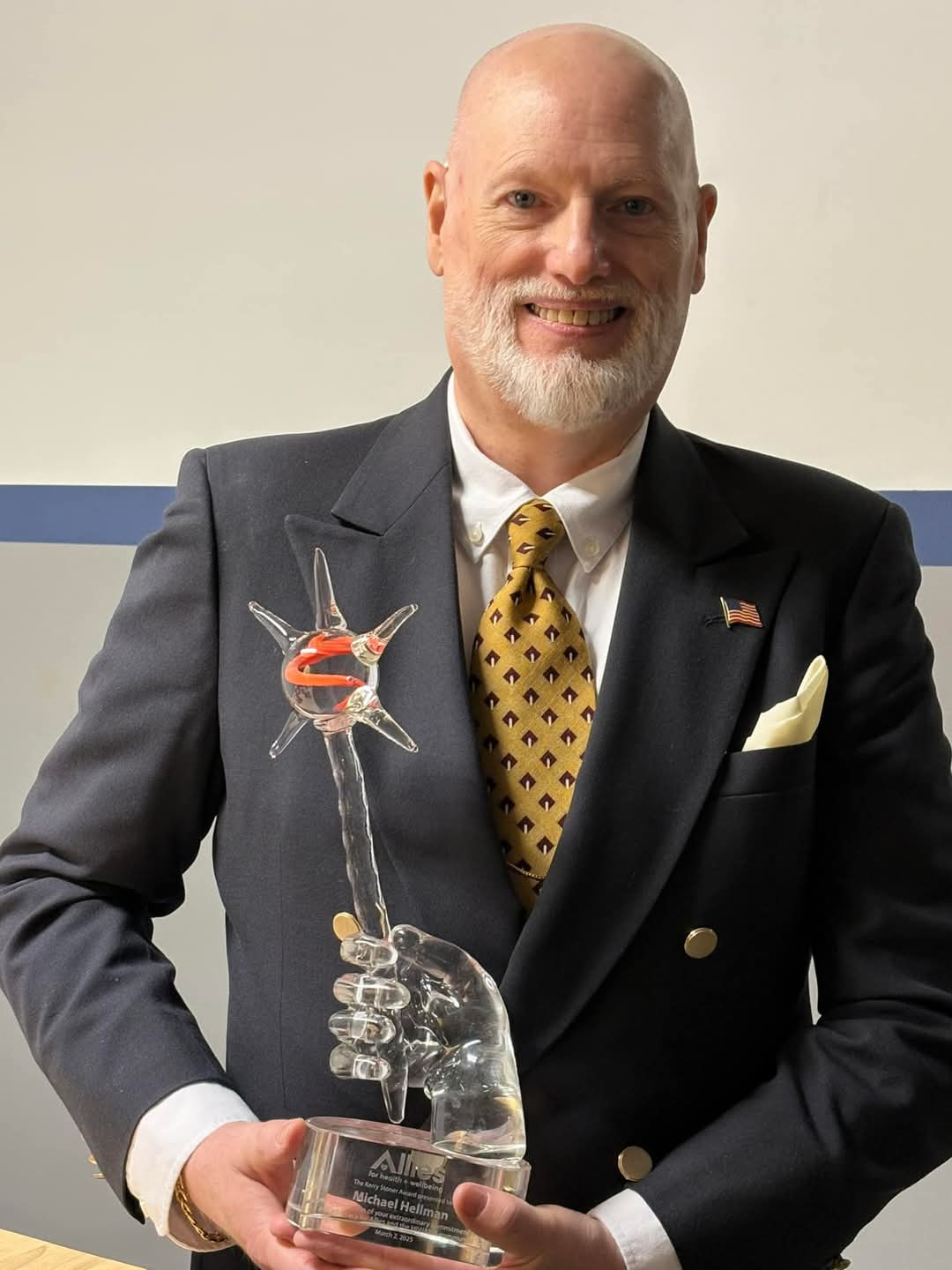We were lucky to catch up with Michael Hellman recently and have shared our conversation below.
Hi Michael, thanks for joining us today. Was there a defining moment in your professional career? A moment that changed the trajectory of your career?
In every story there is a journey. This is my journey. I have been living with HIV since 1985. This is the first year testing was available. So, I went to my local Health Department and they did a blood draw and gave me a pamphlet to take home. Three weeks later they called me to come in to get my results. The nurse said, “You’ve tested positive, put your life in order, and you’ll be dead in 18 to 24 months.” and “Make an appointment with your doctor.” That’s all they knew – they were only seeing AIDS patients who were diagnosed in the late stages of HIV and dying quickly from opportunistic infections. I was 27 years old and just told I wouldn’t live to see 30. Some days are best forgotten.
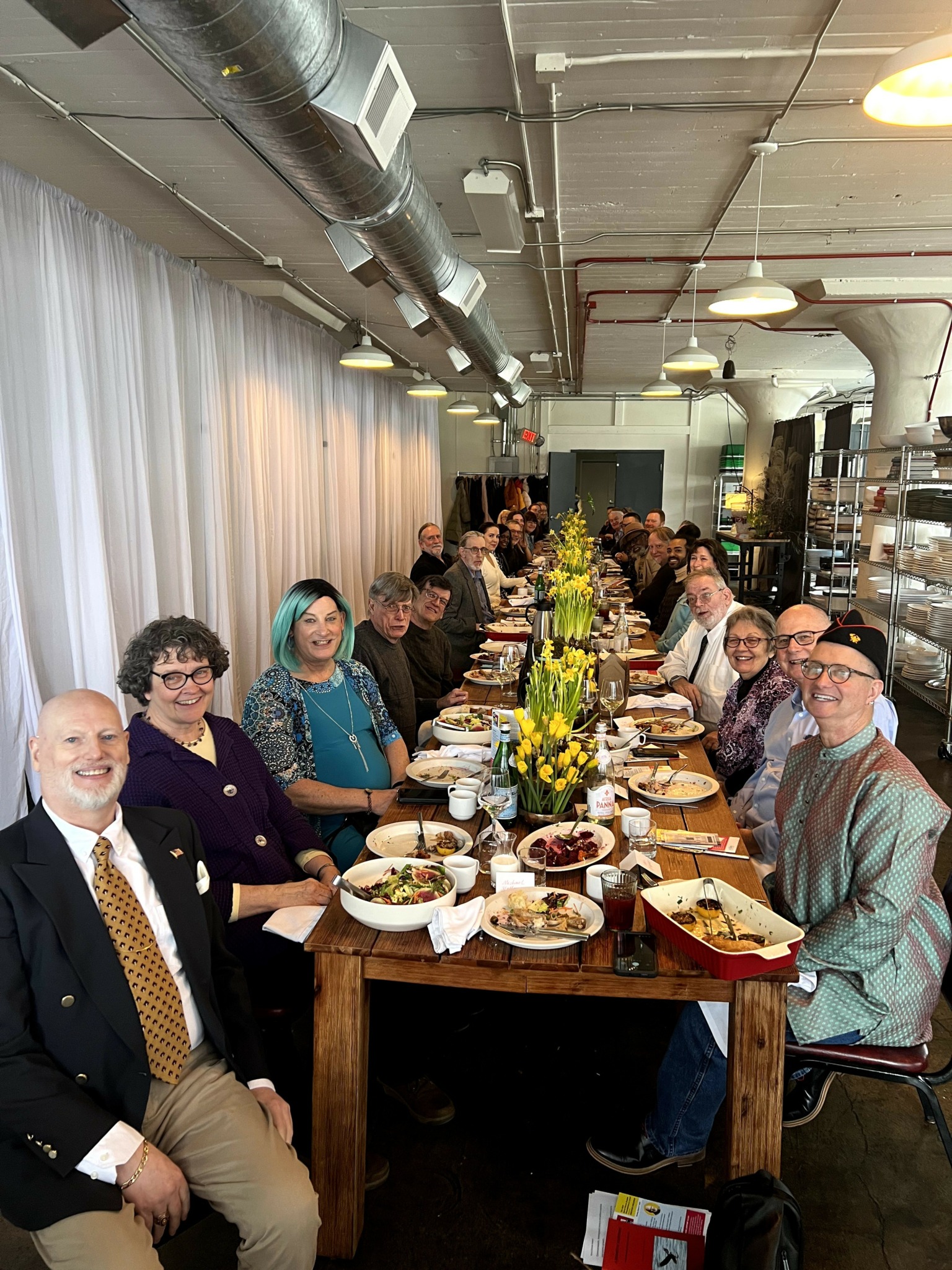
Awesome – so before we get into the rest of our questions, can you briefly introduce yourself to our readers.
I am a HIV Leader Health Advocate, author and writer. I’ve been living with HIV for 40 years now and consider it much of my vocation in life. After recovering from a devastating illness in the early 2000s I was unable to return to full time work. Instead, I channeled my energy into teaching young people about HIV in our schools while concluding the lecture with my story of living with HIV. It was then it hit home for students. It is rare to find someone willing to share their story openly and honestly in a public setting. This was all volunteer on my part through the Pittsburgh AIDS Task Force (PATF). Along with our many areas High Schools I publicly told my story at colleges and universities in social work and nursing, World AIDS Day events and progressed to the HIV planning committee for Pennsylvania. My impact has touched thousands of lives over two decades with the hope of reducing new infections so that young people can live a long and healthy life. I recently received the Kerry Stoner Award from Allies for Health & Wellbeing (formerly The Pittsburgh AIDS Task Force). It was an honor to carry on the legacy of Kerry Stoner. When the PATF received funding to become its own separate organization, Kerry became its first Executive Director. He led the organization in providing counseling, free HIV testing, and legal services to HIV patients and the Pittsburgh community. The Kerry Stoner Award is presented annually to honor a person or organization that has shown commitment to Kerry Stoner’s legacy and vision through long-term dedication to PATF, Allies for Health & Wellbeing and the HIV/AIDS community.
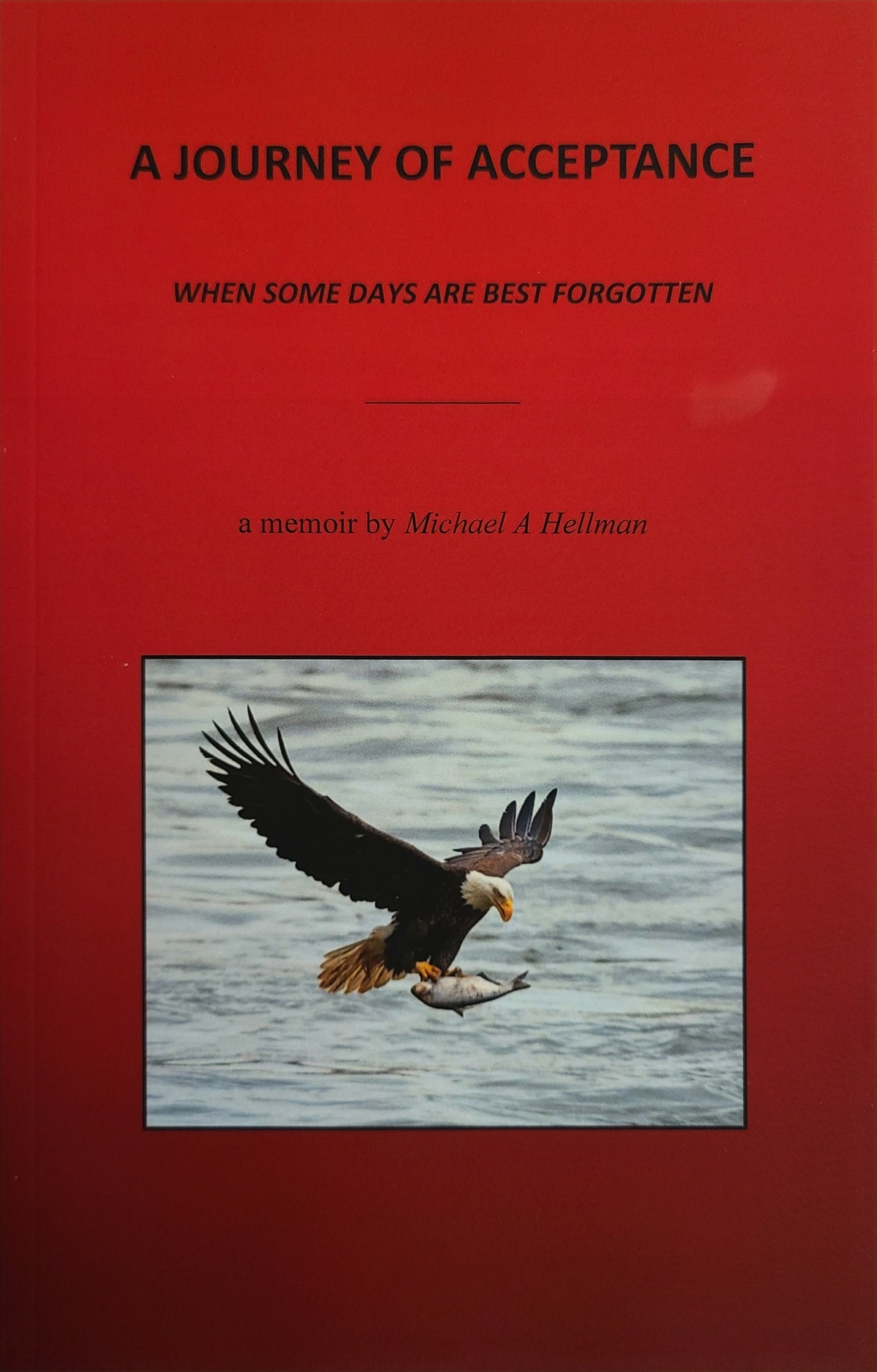
Can you share a story from your journey that illustrates your resilience?
“Resilience is the ability to withstand adversity and bounce back from difficult life events. Being resilient does not mean you never experience stress, emotional upheaval, and suffering. Resilience involves the ability to work through emotional pain and suffering.”
For me, sometimes resilience is about pushing forward even when you can’t see where you’re going. Earlier I talked about being treated like guinea pigs in research, studying the next medical breakthrough. Only we were human guinea pigs. We weren’t sure if this treatment or that treatment was going to work for us or against us. The only way to be resilient is to be patient. Resilience is the key to survival.
As I look back on my journey there are several moments where I needed to be patient. At the time I may not have recognized it as resilience but without the stamina to push through I would have given up hope. For many of us Long-Term Survivors, hope is dispensed in smaller achievements, which might be described as resilience.
One of my early low points both physically and emotionally was my AIDS diagnosis in 1994. My only choice was to start a medication called AZT. It was hard to accept this AIDS diagnosis and start medication. In my mind, AIDS was still a death sentence. I remember Marc taking high doses of AZT and how it affected his daily life. I had to find courage in myself to set all of that aside and realize this was still my best choice. If I had not been resilient and adherent to my treatment I wouldn’t be here today.
With hope and getting stronger I took another blow with weakening anemia. Along with a year of recovery I still needed to face the human guinea pig running around on the wheel of trials and experimentation. Newer drugs were becoming available and these were easier to tolerate.
Another big moment for me came when I developed IBS as a side effect from Kaletra. The stress of leaving work on disability again and this exceptionally long road to recovery took a great deal out of me. Hope for a renewed faith was very slim. This condition would haunt me for years to come as I experienced bouts of diarrhea at home, at work, walking, in the car or on the street. I never felt so vulnerable. I chose to persevere and push through it even though I would often cry to re-lease the terror of when will this ever stop. I didn’t feel resilience at the time but I do recognize it now.
As treatments changed to injections my quality of life also improved. Future hope of resilience placed a positive spin on my outlook. In each of these instances, moments of despair and resolution happened over and over again. I certainly feel better about my outcome today, but as I think back I’m cautious about having too much Hope.
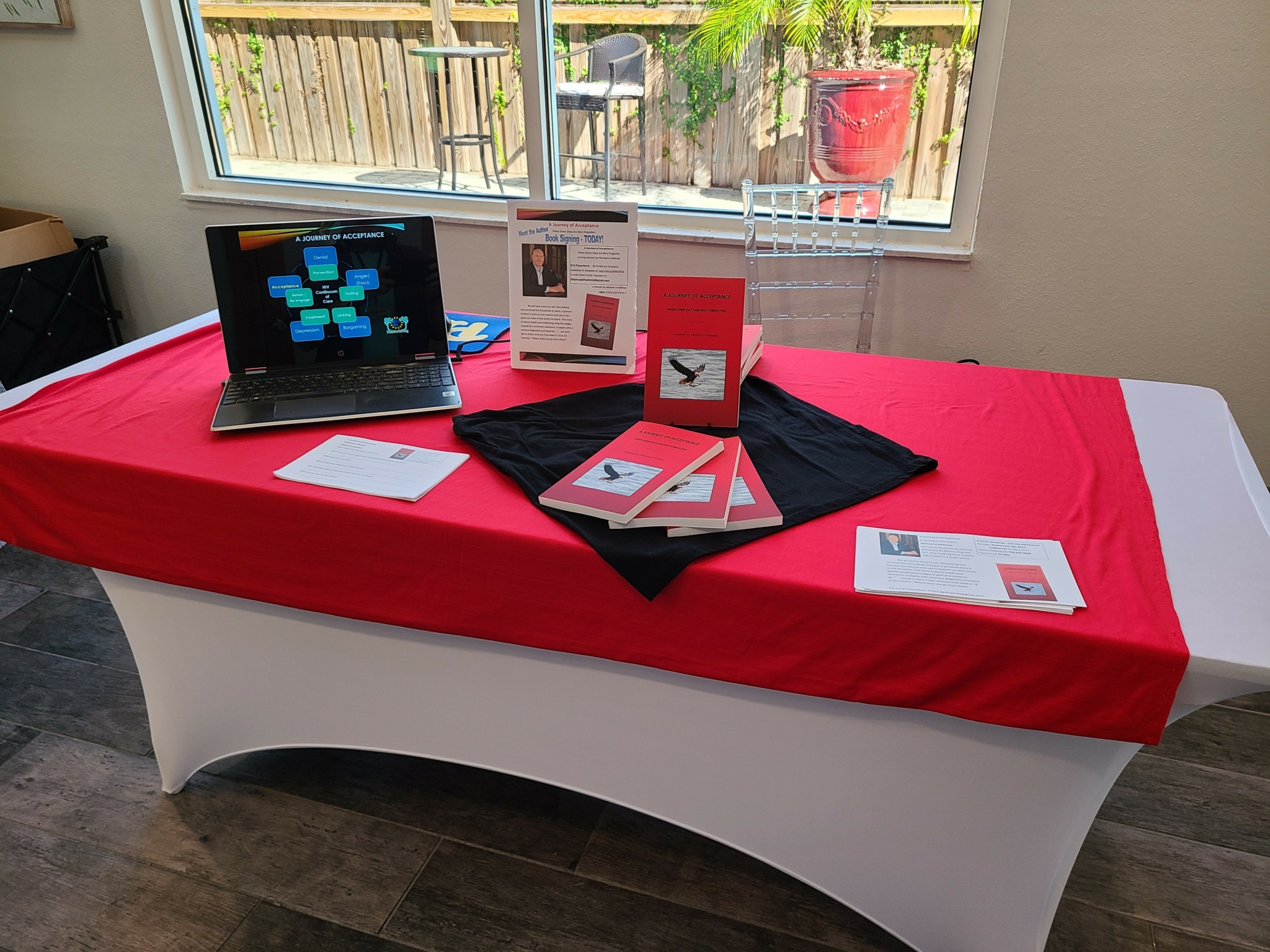
How about pivoting – can you share the story of a time you’ve had to pivot?
See above story for inspiration.
Contact Info:
- Website: https://www.alliespgh.org/
- Instagram: @Pittsburgh.Positivity (Mike Hellman)
- Facebook: Mike Hellman
- Linkedin: Michael Hellman
